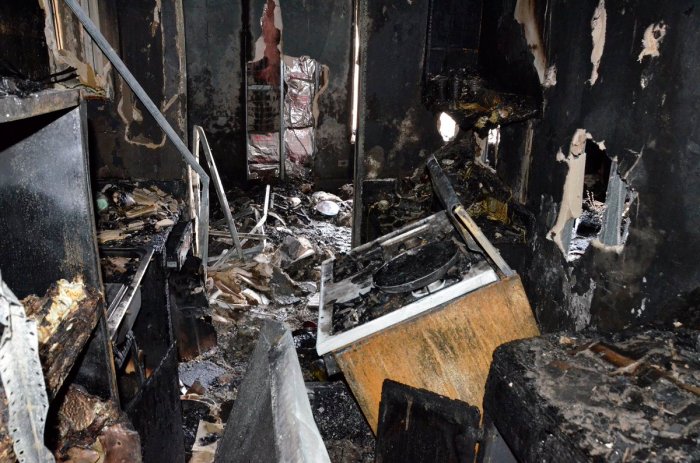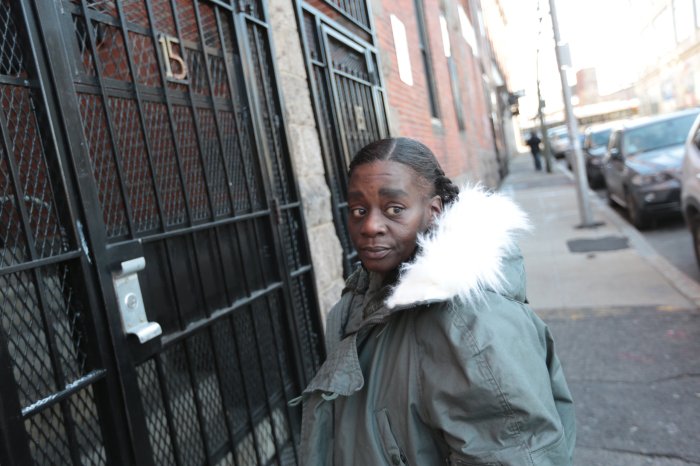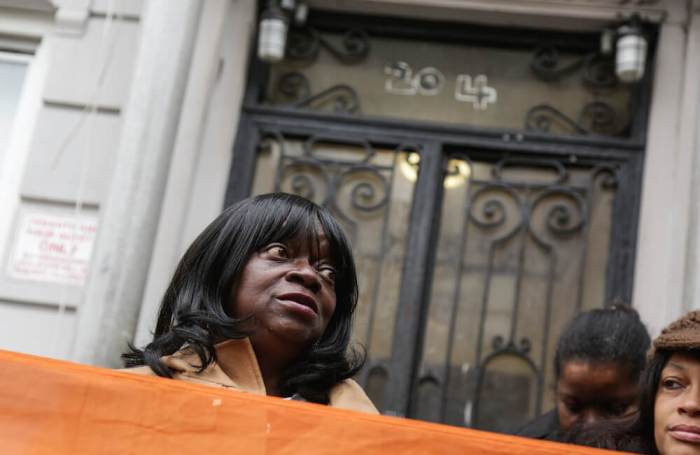With 326 developments and more than 400,000 residents across the city, the New York City Housing Authority serves a large number of New Yorkers, but often, public housing is overshadowed by the city’s other for-the-public facilities like transit, parks, education and art.
That’s why, as part of NextGeneration NYCHA, the agency is launching its Resident Leadership Academy this month to empower its future from within. The initiative is in partnership with the Fund for Public Housing and CUNY.
“I think really New Yorkers do value systems with the word ‘public’ in front of it and feel connected to those systems, but people don’t feel connected to or value public housing in the same way,” said Rasmia Kirmani-Frye, president of the Fund. “I think investing and valuing public housing residents in this way with real, institutional connections and economic mobility is so incredibly important — and it’s innovative.”
Leadership Academy launches Wednesday with an orientation, and classes run from Jan. 22 through May 24. The 20 participants, who range from teens to retirees and hail from all five boroughs, will earn up to 16 free college credits via four classes through the Murphy Institute/CUNY School of Professional Studies. Most residents, who needed to have a high school diploma or equivalency to be eligible, will likely take one course a semester to complete the program in two years.
Classes cover the fundamentals of public housing, community organizing, strategies used by nonprofits and data interpretation, which students can bring back to their communities and apply.
“We would like to see them position themselves to expand their network to better represent their development,” said Jenelle Hudson, NYCHA’s director of resident engagement. “Gone are the days where NYCHA or resident leaders can be self-reliant internally. They need to break down the barriers of the campus, integrating with the rest of the city, and be able to discuss the needs of their development.”
Beyond becoming leaders among their fellow NYCHA residents, Leadership Academy students could also lay the groundwork to take their new skills beyond public housing and into city politics.
“I think that brings up a really interesting point in a time we are, collectively, talking about elections and the future,” Kirmani-Frye said. “Leadership and leadership development and the opportunity for holding elected office is a topic of major discussion at every level.”
























